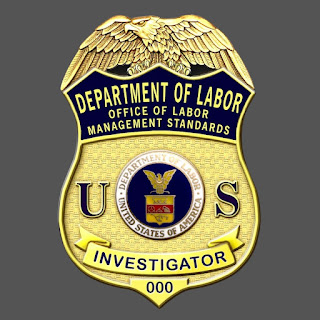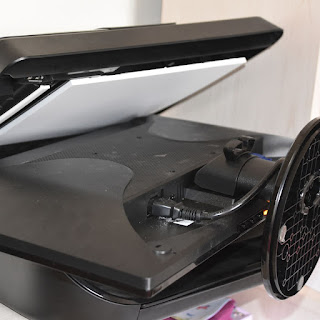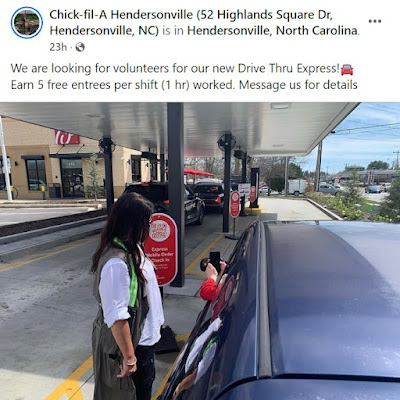We hold that, for a district court to facilitate notice of an FLSA suit to other employees, the plaintiffs must show a "strong likelihood" that those employees are similarly situated to the plaintiffs themselves. That standard requires a showing greater than the one necessary to create a genuine issue of fact, but less than the one necessary to show a preponderance. The strong-likelihood standard is familiar to the district courts; it would confine the issuance of court-approved notice, to the extent practicable, to employees who are in fact similarly situated; and it would strike the same balance that courts have long struck in analogous circumstances.
With those words, the 6th Circuit ended decades of uncertainty in Fair Labor Standards Act wage and hour collective action lawsuits in my Circuit on the issue of when in such a lawsuit a district court should determine which employees properly belong in the the class.



















